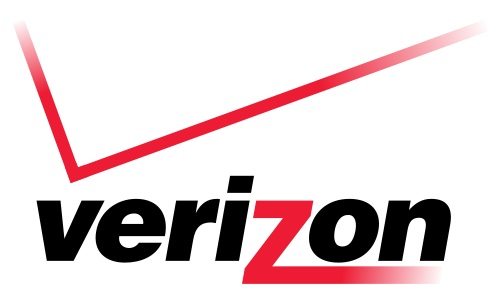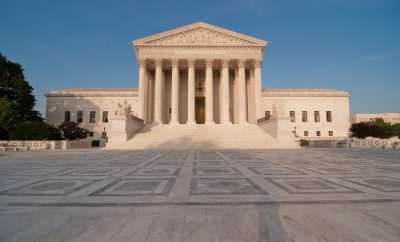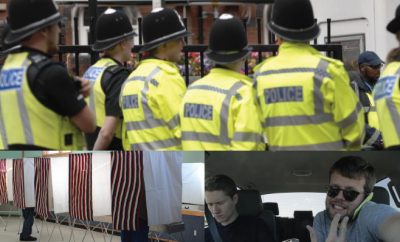
News
Verizon Starts New Transparency Trend
Verizon released its first transparency report earlier this month sparking new exchanges between the government and technology companies.
Many telecommunications companies will likely follow Verizon’s lead after Attorney General Eric Holder and Director of National Intelligence James Clapper released a joint statement, allowing for more detailed release national security requests. Shortly afterward the statement was made, many notable technology companies dropped a FISA petition that was jointly filed last summer.
While many other companies like Google, Twitter, and Facebook have already published transparency reports, Verizon was the first major telecommunications companies to do so. The new arrangement set forth by the Justice Department will allow corporations to disclose how many national security letters they’ve received in ranges of 250 or 1,000, depending on the circumstances. This report appears to be starting a trend as AT&T recently announced its plans for a similar report at the end of last year.
The release of this information comes after many articles like this one published by the Wall Street Journal indicated that American companies may be suffering financially due to surveillance concerns. A survey published by the Cloud Security Alliance concluded that non-U.S. residents are 56 percent less likely to use cloud providers based in the U.S. in light of the debate sparked by NSA contractor Edward Snowden.
The Snowden controversy, and government’s response, has also prompted a unique partnership among many of the large technology companies in response. AOL, Apple, Facebook, Google, LinkedIn, Microsoft, Twitter, and Yahoo have all joined forces to advocate for change through the creation of www.reformgovernmentsurveillance.com. The site focuses on improving transparency, protecting user information, and creating oversight and accountability within the government.
Conclusions from the Verizon Report:
In its report, Verizon states that it received approximately 320,000 requests for information about its customers from federal, state, or local law enforcement in 2013. These requests consisted of:
164,184 Subpoenas – From law enforcement agencies to provide basic customer information.
70,665 Court Orders – That were signed by a judge compelling the release of information.
36,696 Warrants – That were issued based on “probable cause,” and typically sought content related data.
50,000 Emergency Requests (approx.) – For information intended to resolve situations deemed serious emergencies.
Nearly 1,500 of the court orders were “Wiretap Orders,” which provide the actual content of communication in real time. Such content can be in the form of either telephone or internet communication. Verizon states that it requires court issued warrants or a legitimate emergency situation before it will release any stored content or non-content records (See the report’s FAQ page for definitions and details).
The report also indicates the government’s growing interest in location information, as it made nearly 35,000 requests for such data. Verizon noted an increase from the previous year’s levels, but did not disclose that number in this report. 3,200 of these requests were for “tower dumps,” which disclose the phone numbers of all devices that interacted with a cellular tower during a given period of time. Such information is often used to identify and track the location of specific people. According to the Washington Post that the government made over 9,000 tower dump requests in 2013, about a third of which were to Verizon.
Finally, it is also important to note how the United States government compares to other countries around the world. According to the international data also released by Verizon, Germany made the second most requests for information. With less than 3,000 demands from law enforcement, Germany remains far behind the over 320,000 made by the American government.
Does it Matter?
Organizations like the ACLU cite Verizon’s report as a significant step forward in government openness, yet some criticize Verizon and companies releasing similar information as not going far enough. Others argue these transparency reports are inconsequential to the security debate and may purely be an effort to improve public relations. The released information only details formal requests made to those companies specifically, and because much of the recent controversy involves informal or undocumented gathering of data, the released information may not shed enough light on the situation.
[Verizon] [Washington Post] [NY Times]
—
Kevin Rizzo (@kevinrizzo10)
Featured image courtesy of [Verizon Communications via Wikipedia]








Comments